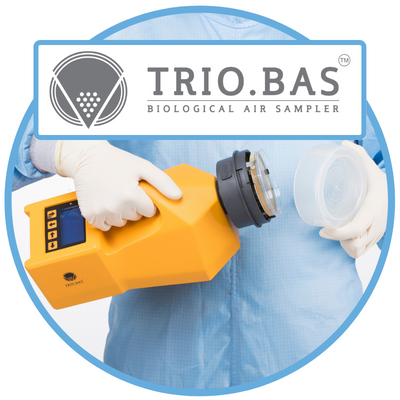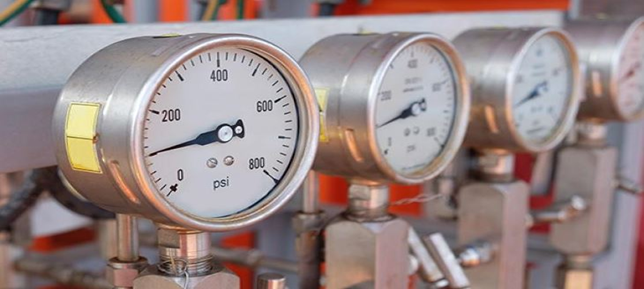ISO-8573 Air Testing and Microbial Testing Production Uptime
- Jan 14, 2025
- 1 min read

ISO-8573 is a standard that defines the quality of compressed air and is essential for ensuring the reliability and safety of air used in various industrial processes. This standard outlines specific testing methods for contaminants in compressed air, which include water, oil, and particulate matter. Additionally, microbial testing is crucial for assessing the presence of bacteria and fungi in air systems, particularly in industries such as pharmaceuticals and food processing.
Key Components of ISO-8573
Particulate Contaminants: Measurement of solid particles in the air.
Water Content: Assessment of moisture levels in compressed air.
Oil Content: Evaluation of oil contamination in the air supply.
Microbial Contamination: Testing for bacteria, mold, and other microorganisms.
Importance of Microbial Testing
Quality Assurance: Ensures that air quality meets industry standards.
Product Safety: Reduces the risk of contamination in sensitive production environments.
Regulatory Compliance: Helps companies comply with health and safety regulations.
Operational Efficiency: Minimizes downtime caused by contamination-related issues.
Impact on Production Uptime
Preventive Maintenance: Regular testing can identify potential issues before they lead to equipment failure.
Quality Control: Ensures consistent product quality, reducing rework and waste.
Downtime Reduction: Timely identification of air quality issues can prevent unexpected shutdowns.
Enhanced Productivity: Reliable air quality supports continuous production processes.
Conclusion
Implementing ISO-8573 air testing and microbial testing is vital for maintaining high production uptime. By adhering to these standards, industries can ensure the safety and quality of their products while optimizing operational efficiency.
For more information:
Please email: Sales@QualityAirTesting.com
Website: www.QualityAirTesting.com

Comments